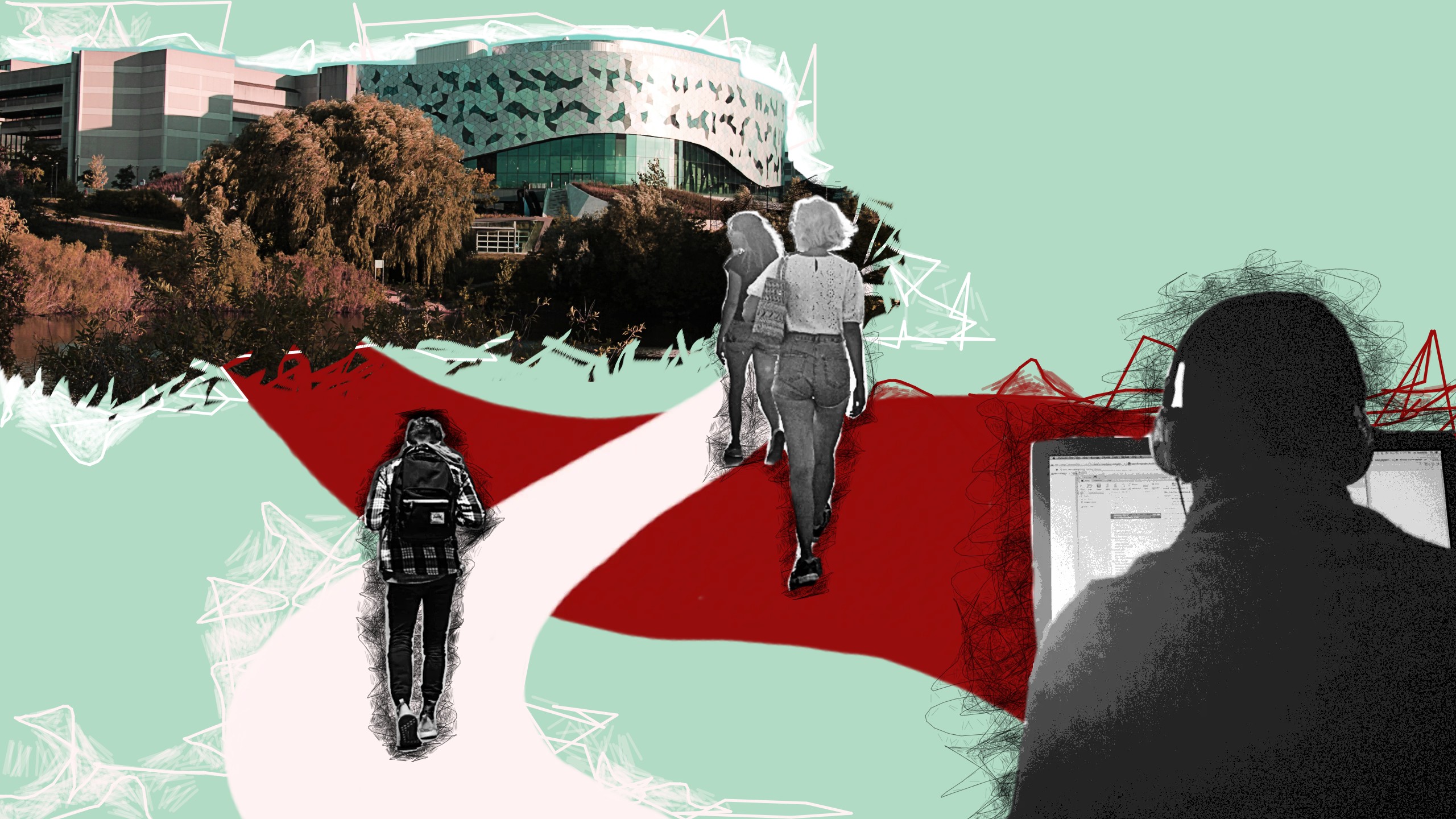On May 28, 2021, York announced they were expecting to offer students up to 50 per cent of their courses in person during the fall 2021 term and, if things start to look even better, they would hope to offer students fully in-person classes in the winter 2022 term.
Addressing safety precautions that will be implemented, Rhonda Lenton, president and vice-chancellor of York, stated in a recent community update that “the university will continue to work closely with Toronto Public Health, the chief medical officer of health, and the Ministry of Colleges and Universities to ensure that we are following all public health guidance.”
Professor James Simeon, the head of McLaughlin College, notes that the requirement for daily COVID-19 screening forms, vaccination verification, and consistent COVID-19 testing for those planning to visit campus during the hybrid learning process “is essential for minimizing any potential health risks on our campuses.”
This past week, many of York’s orientations and activities were carried out both online and in person. Professor Paula Wilson, head of Bethune College, says they saw good student turnouts for these events, and that the student organizations were quite happy with the outcome. She goes on to state that “offering this type of dual formatting can be an advantage to students, as
it’s more inclusive by being accessible to most or all students.”
Kessy Bellot, a second-year film production student, and director of commuter and external affairs for Winters College Council, reveals that for the upcoming school year, Winters College is “looking to build that sense of community and make sure all lions at Winters feel well and at ease during this period of hybrid learning.”
Simeon notes, however, that while students were able to mingle during the limited events, “in-person face-to-face social interactions, obviously, cannot be replicated in the virtual mode.”
But how have members of the York community fared in their first week of hybrid learning?
Melanie Nekrasov, a first-year bachelor of commerce student, has a positive outlook on the hybrid learning model prior to attending lectures. “As a student who missed out on almost the last two years of high school, I am excited to have a chance to study in class and sit beside my peers,” she says.
Mia Tran, a fourth-year communication studies student, says, “course instructors really try to accommodate students best in this learning environment.” Tran says this consideration from faculty “gives us the chance to experience university life in the most flexible and efficient way
while also enhancing our organization and time management skills.”
“Being online last year was not a great experience for me,” says Isabel Castro, a fourth-year concurrent bachelor of education and history student. Castro states, “hybrid learning could be welcomed to create an easier transition after a crazy year,” although she hopes for in-person learning to be the goal.
“The comfort of my home is nice sometimes, but it can be distracting and is not the most ideal place to receive my education,” says Castro.
“I believe that many students won’t take advantage of the in-person option because they may fear that it will not be safe enough to attend classes in person,” fears second-year biomedical sciences student Gursimran Aujla. “I hope the effectiveness of in-person learning is realized during the hybrid learning school year so school can go back to normal. This will be realized if
students give the in-person lectures a chance this year,” Aujla says.
Hybrid learning looks to be the future for many students as COVID-19 cases continue to rise.
Regarding the possibility of a fourth wave of COVID-19, however, Wilson believes “most instructors are well aware of this possibility and they will be prepared to switch to virtual if it is possible to do so for their specific courses.”




